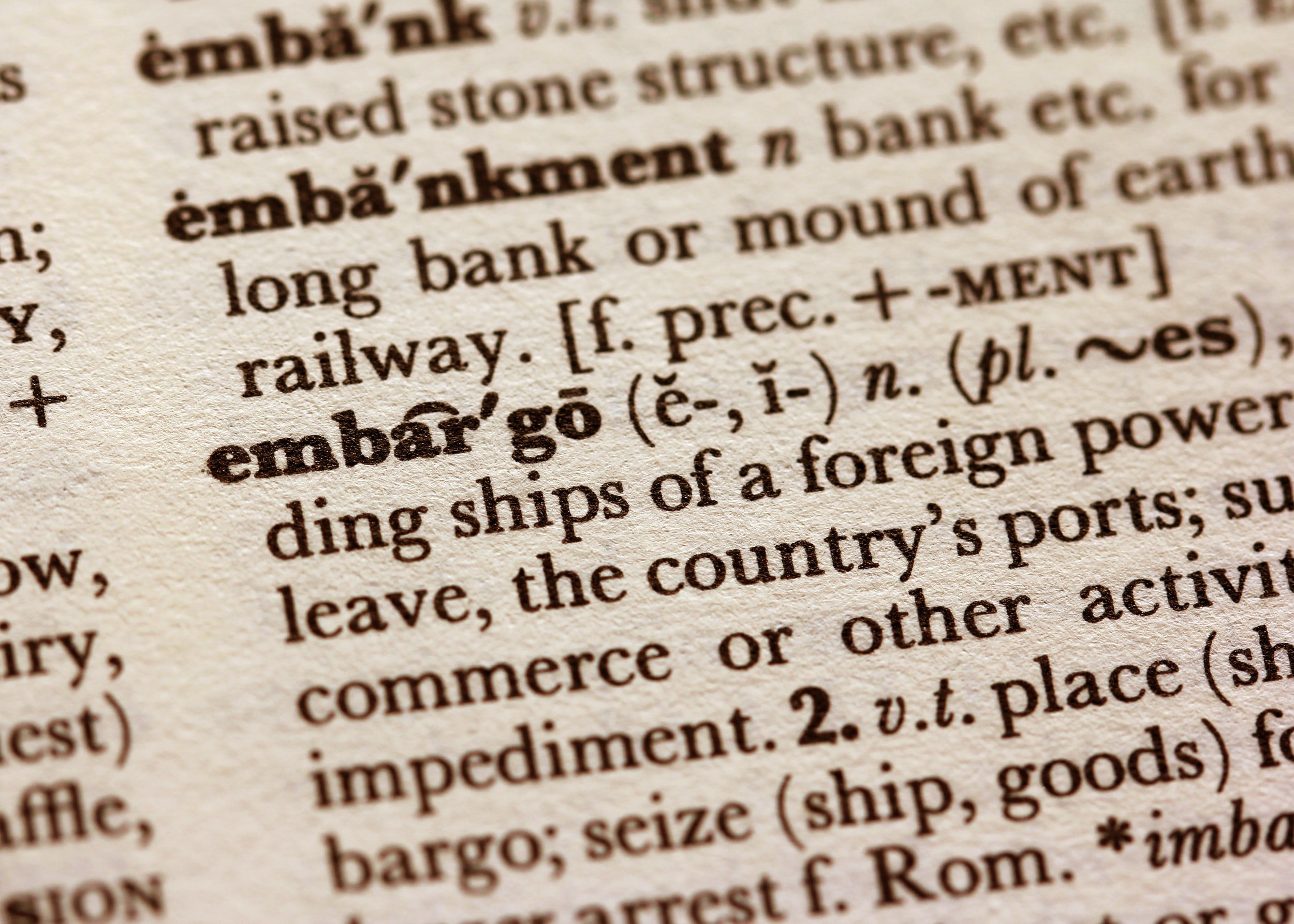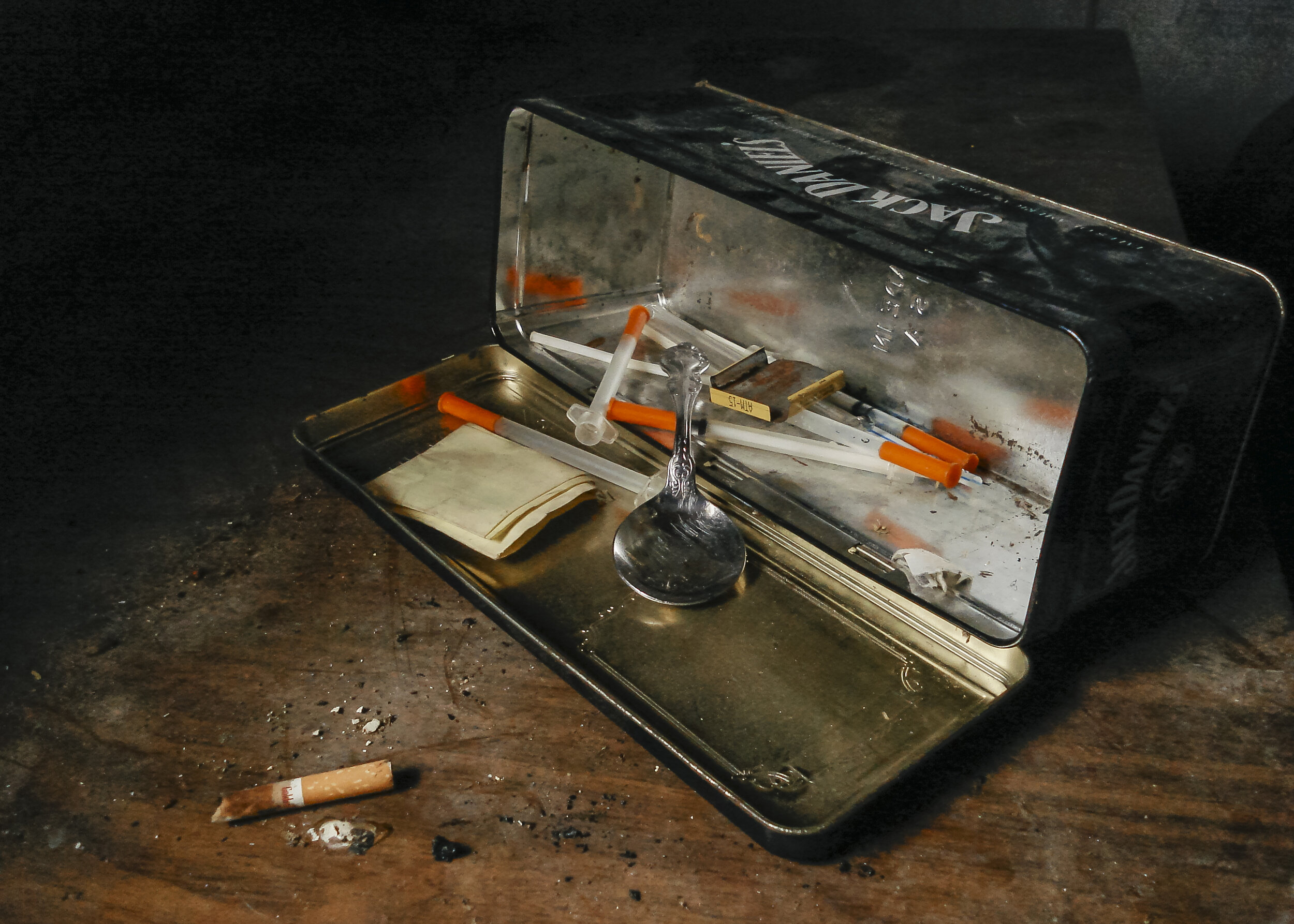
The canary in the coal mine: the energy crisis and Net Zero | Charlie Goulbourne
While Thatcher’s privatisation of our energy industry had facilitated efficient development of our gas-powered grid, without further change, it began to undo the resilience it had created. Instead of remedying the structural instability, Labour continued their hostility to domestic fossil fuel production and insisted on market-driven energy policy which favoured gas imports. In much the same way as nuclear energy, correction has become impossible.

The cost of Covid-19 — £1Trillion and counting | Chris Davies
However well intentioned and accepting the extraordinary circumstances, this is why “the state is not great” when it comes to large scale procurement (this is far from the first state backed IT project that has cost billions and failed to perform) and should never provide a blank cheque to industry as a loan guarantor.

Exploring the conservatism of Benjamin Disraeli | Edward Kendall
Populist conservatism has received a lot of bad press in recent years and populist is often used as a slur in politics, but it has been shown to be popular with many voters and not without good reason. There has been a trend in recent decades for the metropolitan elite of both the left and right to be rather condescending towards much of the traditional working-class vote.
Their concerns about mass migration and rapid social change are dismissed as being the product of irrational prejudice, as opposed to rooted in valid concerns about jobs, wages, and social cohesion.

The paralysis of public inquiries | Chris Davies
Instinctively, I am sceptical about public inquiries and the like. Having lived long enough to see successive governments use inquiries as a means to avoid difficult questions “in the moment” and then avoid the same difficult questions when the findings of the inquiry are reported as “it is all in the report and we will learn the lessons from it”, nothing I have seen this week has reduced my scepticism, perhaps even augmented it.

Ukraine and British Grand Strategy | Dominic Lawson
Asked several months ago whether Putin would order an invasion, I would have said no, but the scale of the forces arrayed on the Ukrainian border and the long list of demands publicly issued by Moscow, most of which NATO cannot accept, suggests that Putin has not found an offramp and may now believe that a short sharp attack against Ukraine to preferable to a slow degradation of Russian influence over the country

Scotland’s drug-related crisis and the ongoing failure of progressive drug policy | Dr Gary F. Fisher
They showed that 1,264 Scots had died as a result of drug-related causes, representing a 6% increase from the previous year and more than double that of 2014. Over half of deaths were related to the misuse of heroin and morphine. Scotland has firmly entrenched itself as the drug-deaths capital of Europe.

Cumbrian coal mine scandal does not expose conservative environmental hypocrisy | Charlie Goulbourne
When activists speak of leaving behind “dirty jobs” of coal mining, they have never really proposed to eliminate these industries, but rather export them to poorer countries with weaker environmental regulations. Despite the cries of “environmental injustice” that are now compelled to accompany any discussion regarding climate change, many seem happy to continue to shift the burden of industrial emissions to developing nations, import their goods (releasing yet more emissions) and then proudly declare themselves carbon neutral …
I am afraid that there is a conflict between utopia and reality happening here. Whatever becomes of the Cumbria coal mine, it does not represent the choice between an enlightened green future and a regressive industrialism. If it does go ahead, it is due to a pragmatism that understands that mining coal in order to produce steel closer to the point of use, instead of shipping it halfway across the globe, is environmentally sensible, never mind that it will finally re-shore some industry to our ailing economy.

The life and legacy of the Duke of Edinburgh | Adam James Pollock
At his golden wedding anniversary celebrations, the Queen Elizabeth celebrated the importance he had played in supporting her role as monarch, noting that “he has, quite simply, been my strength and stay all these years, and I, and his whole family, and this and many other countries, owe him a debt greater than he would ever claim, or we shall ever know.”

Social distancing: how to prevent insurgence | Joseph Robertson
When we look at resistances to a Draconian form of government, either intellectual or violent, necessary or unjustified, we see a trend. From the Cristeros in Mexico, to the Bolsheviks in Russia, to the pacifist resistance against Lukashenko in Belarus, all those groups had or have one thing in common. They all formed in groups. They were physically in the room at the same time as each other - they thought together, fought together and where necessary died together. So in hindsight, not only is social distancing a commendable tactic for those wishing to hone in on ‘Covid separatists’ but imperative to prevent the ‘spread of misinformation’ (read anti-narrative thought).
